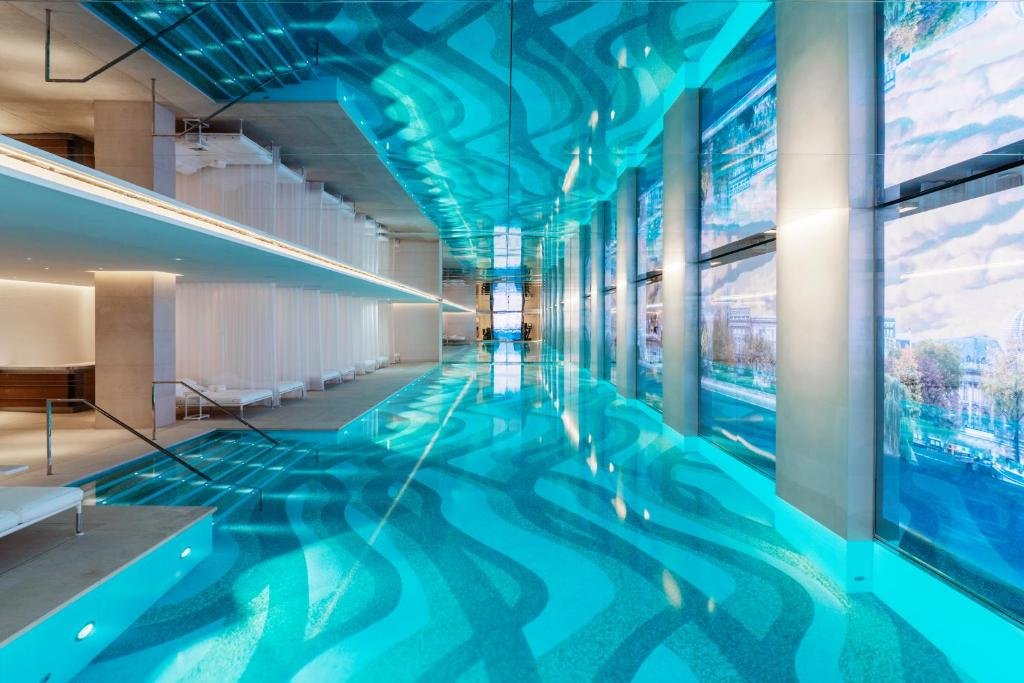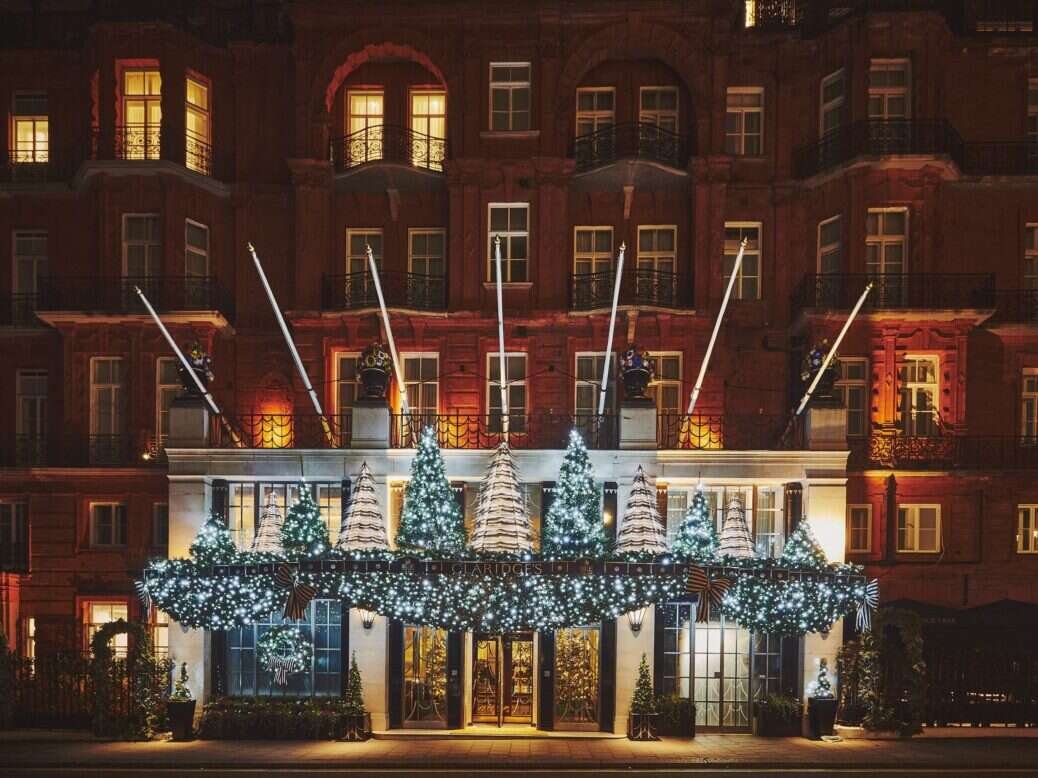Luxury Hotels and Iconic Brands: The New Trend Transforming Tourism
In recent years, the luxury market has been further tightening the relationship between fashion and hospitality, creating exclusive experiences and products that go beyond standard amenities. This new trend is transforming collaborations between fashion brands and high-end hotels into a business model that redefines the concept of luxury, combining the style of renowned fashion houses with the sophistication and prestige of exclusive hotel properties.
This practice has long been familiar in the beauty world, with prestigious brands like Acqua di Parma, Hermès, Elemis, and L’Occitane offering their shampoos, lotions, and other personal care products in luxury hotels. Beyond being provided as amenities, these brands have expanded their presence in hotels by opening spas or selling their products in boutiques on-site. This allows guests to experience luxury not only during their stay but also as part of their personal care routine, reinforcing the association between well-being and sophistication.
The significant growth of the luxury hotel market since 2022 can be attributed to a combination of factors, with one of the most important being the rise of social media. Platforms like Instagram, TikTok, and Pinterest have played a crucial role in driving consumer desire for increasingly exclusive and visually stunning experiences. Luxury tourism, often documented by influencers and celebrities on social media, has become a symbol of status and aspiration. This type of global exposure to luxury destinations encourages travelers to want to be part of these exclusive environments, creating a growing demand for hotels that offer immersive and personalized experiences.
International influencers such as Chiara Ferragni, Camila Coelho, Aimee Song, and in Brazil, personalities like Thássia Naves and Silvia Braz, have played a key role in fueling the luxury hotel market. With their posts set in paradisiacal locations and stays in exclusive hotels such as Copacabana Palace in Rio de Janeiro or the Four Seasons around the world, they inspire millions of followers to seek the same sophisticated and aspirational lifestyle. Additionally, other influencers such as Victoria Magrath (from In The Frow) and Tamara Kalinic have also contributed to the sector’s growth, documenting their experiences in iconic properties like Claridge’s in London.
In addition to social media’s impact, the long period of travel restrictions during the Covid-19 pandemic led to a “revenge travel” effect, where people, once borders began to reopen, were eager to travel again and invest in high-quality experiences. This desire to reconnect with the world, coupled with a focus on well-being and exclusivity, resulted in an increase in bookings at five-star hotels and luxury properties. The need for escapism and the craving for unique experiences have made these hotels the perfect setting for luxury tourism.
Top fashion houses such as Dolce & Gabbana, Dior, Missoni, and Emilio Pucci have seen this trend as an opportunity to expand their brands beyond the traditional runways and storefronts. The collaboration between Dolce & Gabbana and Four Seasons exemplifies this fusion of fashion and hospitality, offering not only exclusive collections but also personalized experiences for their guests. Similarly, Dior has brought its sophisticated touch to the hotel world, especially with the creation of exclusive spas, such as the Dior Spa Cheval Blanc in St. Tropez, where personalized treatments are paired with the brand’s signature aesthetic and products.
These collaborations between luxury brands and hotels underscore the idea that the concept of luxury is constantly evolving. Today, consumers are not just seeking high-quality products but also experiences that transcend the physical and provide sensations of exclusivity and personalization. The impact of social media on this trend cannot be understated, as modern travelers seek to capture and share moments that symbolize an aspirational and highly visual lifestyle.
This business model benefits both hotels and fashion brands. Hotels can strengthen their relationships with guests by offering products and experiences that continue to be part of their lives even after check-out, while fashion houses expand their influence into new contexts, reaching a broader and more diverse audience. Luxury tourism, driven by these partnerships, continues to grow, fueled by the desire to experience the extraordinary and document moments in iconic locations.







